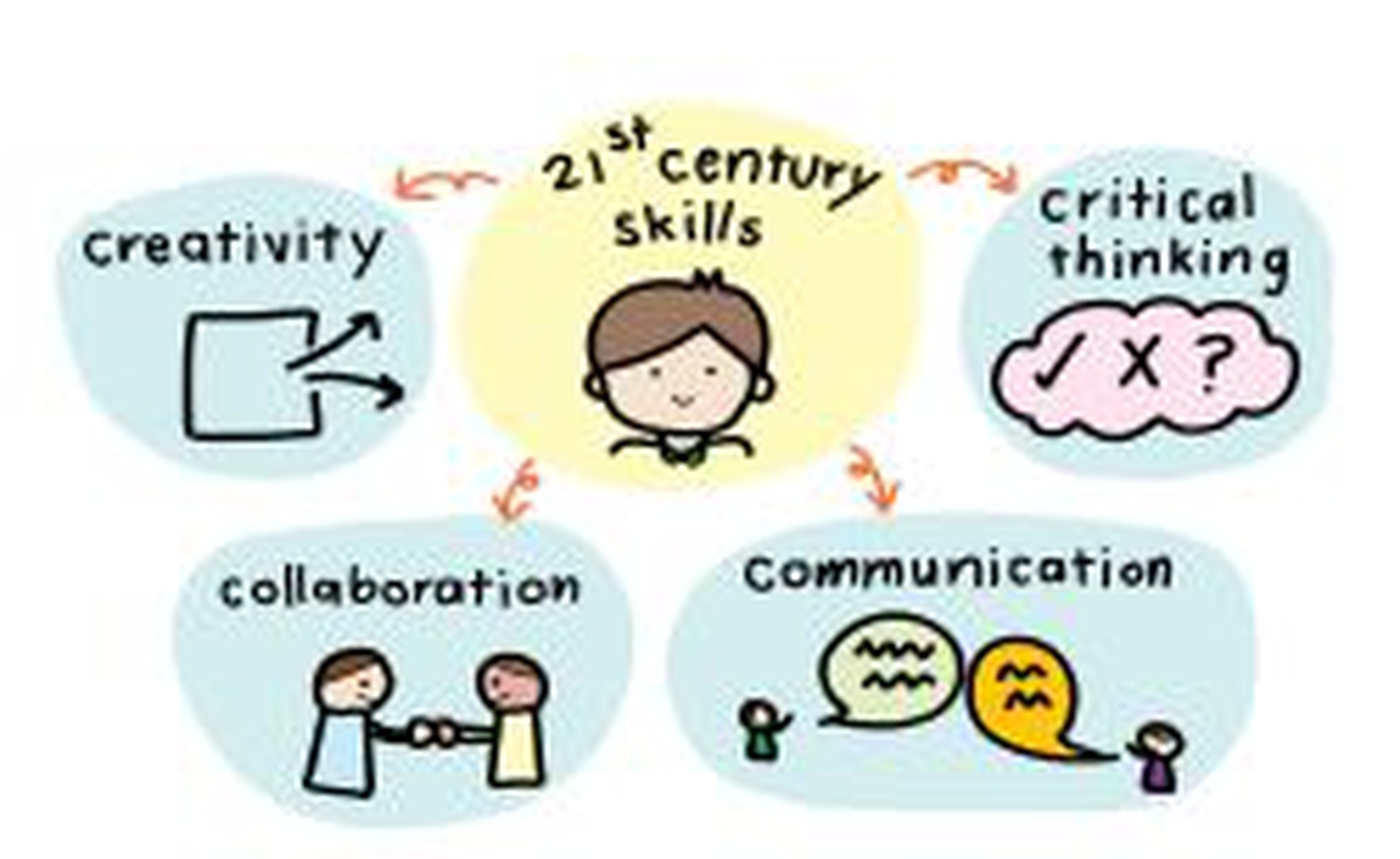The AoEC’s consultancy services are offered to organisations and feature a portfolio of tailored coaching based solutions and products that can serve to address a multitude of issues facing both large and small businesses today.

If you are already using AI or looking to move to automation sooner rather than later, just how prepared is your workforce in being able to serve the company’s future needs? Given the speed this disruption is having, what measures can you take to ensure you have the right talent in place at the right time?
As organisations face making unprecedented changes in response to the new digital age, intelligence coming out of the world of work tells us that 2020 and the next decade will require our focus to shift to the human side of the workforce if we are to realise the full potential of humans and machines.
Published towards the end of 2019, Udemy for Business’ Workplace Learning Trends report has identified that while AI goes mainstream, there is also an uptick in learning about topics such as growth mindset, creativity and innovation which points to the importance of soft and social skills to employers
Exploring the latest learning trends and hottest skills based on what 40+ million people are learning on Udemy worldwide, the report also includes learning predictions drawn from a survey of 200 L&D leaders and looks at several ways organisations are reinventing learning and preparing their workforce for the skills of the future.
Udemy says that it ‘increasingly important for employees to adopt a growth mindset of continuous learning and be open to change in the workplace. While skills training is key, building an organisational culture and leadership to nurture innovation and creativity is also critical.’
Listing the ten fastest-growing soft skills as:
- growth mindset
- creativity
- focus mastery
- innovation
- communication skills
- storytelling
- cultural awareness
- critical thinking
- leadership, and
- emotional intelligence,
these are all innate human skills that robots cannot replicate.
LinkedIn, the world’s largest professional network, echoes this with the publication of its own timely data which revealed the 15 most in-demand soft and hard skills for 2020. LinkedIn placed the greatest value on creativity, persuasion, collaboration, adaptability and emotional intelligence when it came to employees having the essential interpersonal skills that make or break their ability to get things done.
Udemy’s research digs further and discovered that learning and development professionals are prioritising skills development via training and coaching in innovation, change management, communication, emotional intelligence, growth mindset and time management to meet their specific needs.
L&D teams are also starting to tackle the thorny issue of reskilling in the workplace. Quoting Josh Bersin that ‘It can cost as much as six times more to hire from outside than to build within’, business leaders are recognising the benefits of retraining existing talent rather than buying in fresh blood and competing in a tight labour market.
With this step change underway, how are organisations rallying to ensure they can cope with these new demands? Udemy predicts that skills mapping will chart the future workforce and help close any skills gap. Continuous skills mapping will become necessary to workforce planning and businesses will have to invest in internal reskilling and retooling as they move to fill future jobs which will require emergent skills. Udemy also says communities of practice will be more common place. Offering a way of quickly helping skills stay up to date, such initiatives can be easily implemented and delivered through coaching or mentoring.
Udemy also backs McKinsey in highlighting the role focused capability academies will play in replacing ad hoc training. Describing the rise of artificial intelligence as ‘one of the defining business opportunities for leaders today’, McKinsey believes that the ‘answer to the talent challenge, in its experience, is creating an in-house analytics academy.’ These academies are synchronised with the organisation’s strategic goals and deliver tailored learning journeys through a variety of means for every employee to plug skills gaps, promote on-the-job learning and keep training relevant for the long term.
Although these technological advances are needed and unavoidable, the ‘always on culture’ is revealing that there are huge gaps in our capacity to listen, think creatively, show empathy and to work collaboratively. These are all skills not just needed by leaders, but also by all of our employees. These insights shared by Udemy, McKinsey and LinkedIn are all good indications that for businesses to remain successful, we must shift to a culture of continuous learning and education in order to support both our commercial and own human growth.
Article
Is organisational culture the next frontier in investment? Embracing a coaching culture could be the answer!
21st October 2024 by Lee Robertson
Organisational culture has long been acknowledged as a critical factor in business success, but according to the recent report from…
Interview
In conversation with Shruti Sonthalia
21st October 2024 by Lee Robertson
Shruti Sonthalia is a Master Certified Coach (ICF) with extensive experience working with C-Suite and senior leaders across industries including…
Article
The story book roots of effective coaching conversations
21st October 2024 by Karen Smart
“Are you sitting comfortably?” … “Then I’ll begin” … “Once upon a time, there was …” Insert the main character,…